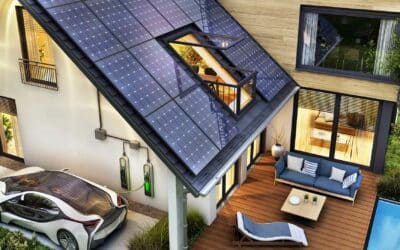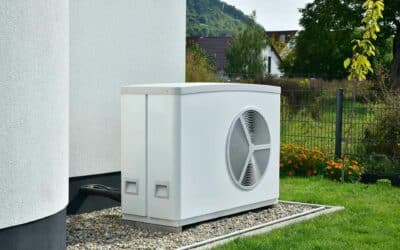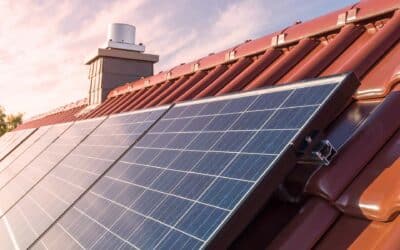How effective are solar panels at generating electricity?
Solar panels have been a popular choice for generating electricity for homes and businesses alike, as a way to reduce carbon emissions and lower energy bills. While solar panels have been around for decades, their efficiency and cost-effectiveness has increased over time, making them an attractive option for those looking to generate their own power. However, there is still some debate about how effective solar panels are at generating electricity.
One of the key factors in determining the effectiveness of solar panels is the location. Solar panels work best in areas that receive a lot of sunlight, such as regions near the equator. The amount of sunlight received is known as “solar irradiance” and is measured in kilowatt-hours per square meter per day. The more sun a location receives, the more electricity can be generated.
The orientation and angle of the panels also play a role in their effectiveness. Ideally, solar panels should be positioned to face south, at an angle equal to the latitude of the location. This allows the panels to receive the most amount of sunlight possible throughout the year.
The size of the solar panel system is also important. Larger systems will generate more electricity, but they also require more space and more investment. The efficiency of the solar panels themselves can also vary, with some panels being more efficient at converting sunlight into electricity than others.
Another factor that affects the effectiveness of solar panels is the weather. Clouds, rain, and snow can reduce the amount of sunlight received, which will in turn reduce the amount of electricity generated. On the other hand, sunny weather will increase the efficiency of the panels.
In addition to these factors, the quality and maintenance of the solar panel system also plays a role in its effectiveness. Solar panels need to be kept clean and free from debris to ensure they are functioning at maximum efficiency. Dirt, dust, and other contaminants can reduce the amount of sunlight that is able to reach the panel, reducing the amount of electricity that is generated. Regular maintenance and cleaning can help to prevent this from happening.
In conclusion, solar panels can be an effective way to generate electricity, but their effectiveness depends on several factors. The location, orientation and angle of the panels, the size of the system, the efficiency of the panels, the weather, and the quality and maintenance of the system all play a role. To maximize the effectiveness of solar panels, it is important to consider these factors when installing and maintaining a solar panel system.
See how much you can save with the solar battery calculator at realpower.co.uk
Related Articles
Related
How Long Can a House Run on Solar Battery Power?
Solar batteries are becoming increasingly popular for homeowners looking to reduce their reliance on traditional energy sources. But how long can your home run on a solar battery? The answer depends on the size of your home, the amount of energy you use, and the type...
The Advantages of a Heat Pump System
A heat pump system is a versatile and energy-efficient way to heat and cool your home. In the winter, it works by extracting heat from the air outside and transferring it inside. In the summer, the process is reversed, and heat is pulled from inside your home and...
Big Solar Panel Makers Boosting Production as Costs Fall
The cost of solar panels has fallen dramatically in recent years, making them more affordable than ever for consumers. As a result, demand for solar panels has increased, and manufacturers are struggling to keep up with the demand. In order to meet the growing demand,...



